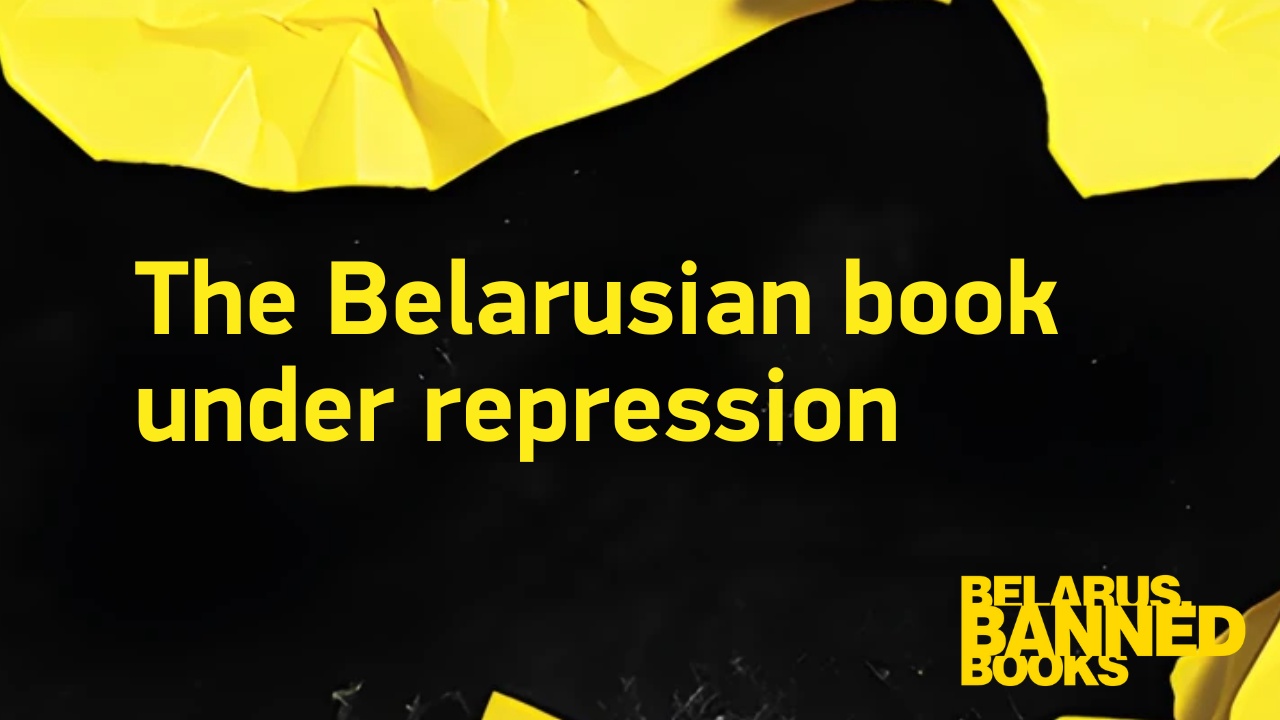Read on our website the new analytical report “The Belarusian book under repression.”
The year 2020 marked a turning point for Belarusian culture. Progress that had been made – limited though it was under an authoritarian regime – did not merely stall; structures created by the independent cultural sector were effectively dismantled, as was the relative creative freedom that had previously been felt, even within official institutions.
Figures from across the cultural sphere, including writers, took part in the protests, which were followed by a crackdown ranging from criminal prosecution to expulsion from the public space. The Belarusian book has since found itself under institutional pressure, with censorship mechanisms and administrative barriers turned into systemic tools of repression against free expression.
At the same time, the state-controlled literary sector continues to be propped up through administrative resources: publishing houses are subsidised, the pro-government Writers’ Union receives budget funding, and Soviet-era practices – such as state order, mandatory subscriptions, and state procurement – remain in place. Books by pro-regime propagandists are included in the list of “socially significant” publications. Meanwhile, the independent book market has come under unprecedented pressure, with a systematic campaign against “undesirable” books, their authors, and their readers.
 The “new normal” now includes the liquidation of associations, withdrawal of publishers’ licences, defamation of authors, confiscation of books, and bans on their storage or distribution. Censorship has become overt, with scientific works, historical studies, and writings by both contemporary and classic Belarusian authors being declared “extremist.” A separate list of printed materials “capable of harming the national interests of the Republic of Belarus” has also been introduced. This represents only a fraction of the repression directed at free literature over the past five years.
The “new normal” now includes the liquidation of associations, withdrawal of publishers’ licences, defamation of authors, confiscation of books, and bans on their storage or distribution. Censorship has become overt, with scientific works, historical studies, and writings by both contemporary and classic Belarusian authors being declared “extremist.” A separate list of printed materials “capable of harming the national interests of the Republic of Belarus” has also been introduced. This represents only a fraction of the repression directed at free literature over the past five years.